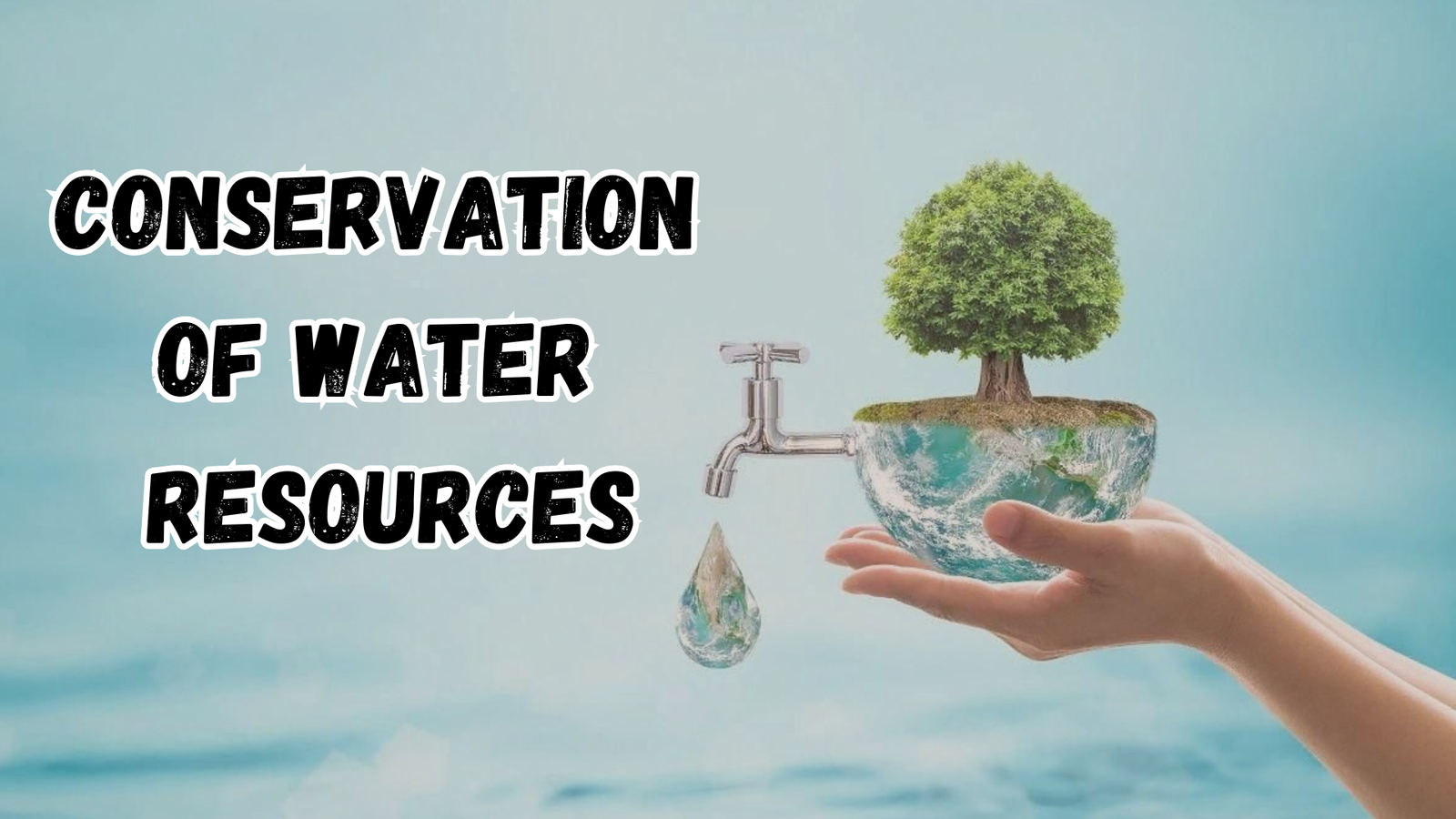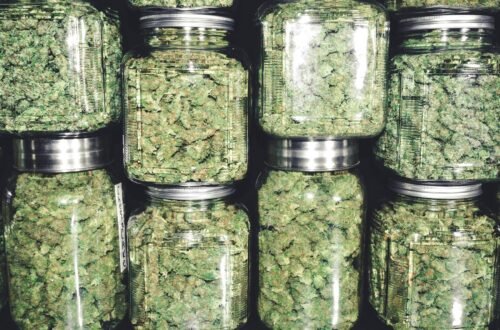Water is one of the most valuable resources on our planet essential for all forms of life with increasing population growth industrial expansion and climate change water scarcity has become a pressing global issue many regions are facing droughts declining freshwater reserves and polluted water sources making conservation more important than ever by using water responsibly individuals communities and industries can help preserve this vital resource for future generations simple actions such as fixing leaks using water-efficient appliances and practicing mindful consumption can significantly reduce waste protecting natural water bodies from pollution.
water management policies are crucial steps in ensuring long-term availability governments and organizations are implementing strategies like rainwater harvesting wastewater recycling and better irrigation techniques to optimize water use conservation is not just a large-scale effort it starts with personal responsibility by making small everyday changes everyone can contribute to preserving water resources ensuring access to clean water is not just an environmental necessity but also a social and economic priority sustainable water management can help prevent future crises protect ecosystems and support human health and agriculture.
Causes of Water Waste:
Water waste happens for many reasons, often due to human habits inefficient systems and lack of awareness one of the biggest causes is excessive household use where people leave taps running while brushing their teeth take long showers or use more water than needed for cleaning leaky pipes and faulty plumbing also contribute to significant water loss with thousands of liters wasted each year simply due to neglected maintenance in agriculture outdated irrigation methods such as flooding fields instead of using drip irrigation lead to unnecessary water consumption industries that rely on water for production, cooling, or cleaning often waste large amounts due to inefficient processes and lack of recycling measures.
Another major factor is pollution which contaminates water sources and makes them unusable increasing the demand for clean water urbanization and deforestation further disrupt natural water cycles reducing the ability of ecosystems to store and filter water efficiently climate change also plays a role causing unpredictable rainfall patterns and droughts, leading to overuse of available freshwater supplies while water waste happens at many levels individual industrial and environmental small changes in daily habits better infrastructure and sustainable policies can help conserve this precious resource for future generations.
Economic Benefits of Water Conservation:
Water conservation offers significant economic benefits at both individual and national levels when people use less water their utility bills decrease helping households save money every month businesses and industries that implement water-saving technologies such as recycling and efficient irrigation also reduce operational costs making them more profitable in the long run governments to spend less on water treatment and distribution when there is less demand allowing them to invest in other essential services like healthcare education and infrastructure in agriculture efficient water use leads to better crop yields while reducing expenses on irrigation.
Farmers who adopt smart watering techniques such as drip irrigation and rainwater harvesting not only cut costs but also protect their land from drought-related losses conserving water reduces the need for expensive projects like building new dams desalination plants or water transport systems by preserving natural water sources communities can avoid the high costs of dealing with water shortages and pollution industries that rely on water such as tourism fishing and manufacturing thrive when water resources are well-managed clean rivers lakes and oceans attract tourists boost local businesses and create job opportunities.
FAQS:
1. Why is water conservation important?
Water conservation is crucial because it ensures a sustainable supply of fresh water for future generations it helps prevent shortages supports agriculture and industry protects ecosystems and reduces the cost of water treatment and distribution.
2. What are the main causes of water wastage?
Water wastage is caused by excessive household use leaking pipes inefficient irrigation in agriculture industrial overuse pollution and deforestation which disrupts natural water cycles.
3. How can individuals contribute to water conservation?
People can conserve water by fixing leaks using water-efficient appliances turning off taps when not in use collecting rainwater and adopting sustainable habits like shorter showers and responsible irrigation.
4. What role do industries play in water conservation?
Industries can reduce water waste by recycling water using advanced filtration systems and adopting efficient production processes sustainable practices help lower costs and protect the environment.
5. How does water conservation benefit the economy?
Conserving water reduces household bills lowers government spending on water infrastructure and helps industries save on production costs it also supports agriculture tourism and job creation by maintaining clean and sufficient water resources.
Conclusion:
Water conservation is not just an environmental responsibility but also a necessity for a sustainable future with the increasing demand for fresh water due to population growth industrial activities and climate change it is crucial to use this resource wisely every drop saved contributes to reducing water shortages lowering costs and protecting natural ecosystems simple actions such as fixing leaks using water-efficient appliances and being mindful of daily water usage can make a significant difference governments businesses and individuals all play a role in ensuring that water remains available for future generations.
Sustainable water management not only preserves clean water sources but also strengthens economies by reducing infrastructure costs and supporting agriculture tourism and industries when communities come together to implement conservation strategies the impact becomes even greater by making conscious choices and adopting responsible water practices we can prevent crises and ensure that this vital resource remains accessible to all. Water is essential for life and it is our shared duty to protect it the time to act is now small efforts today will lead to a more secure and water-abundant tomorrow.





